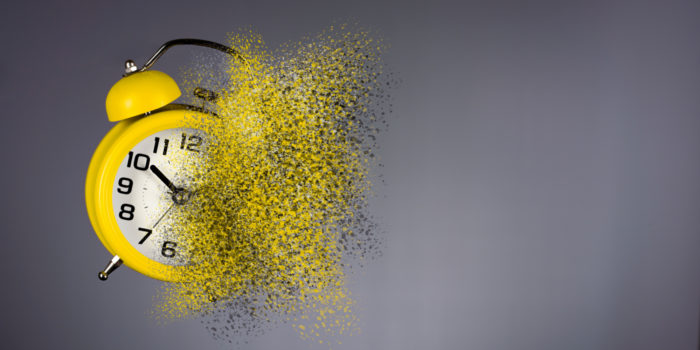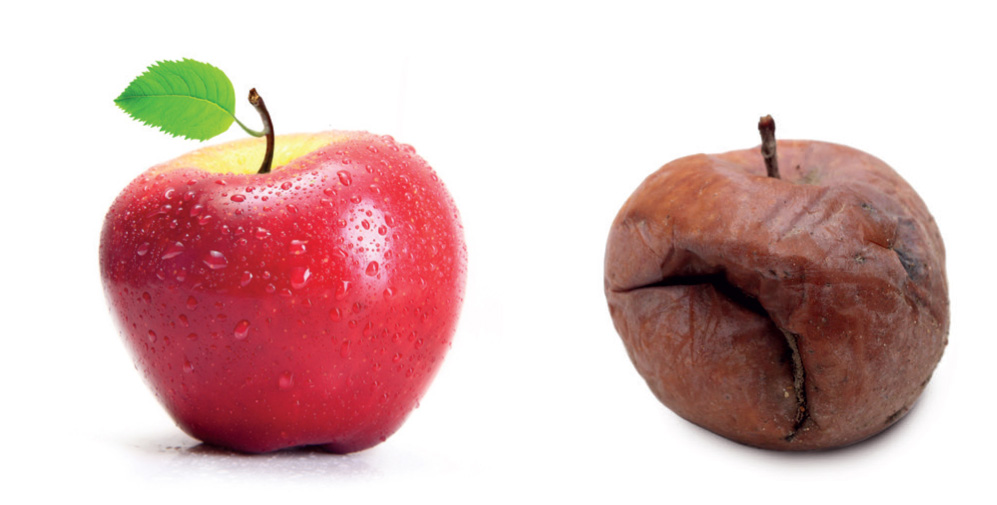
How do you feel about getting older?
September 29th, 2023How do you feel about getting older? Would you prefer to end your days without losing your marbles and being able to walk to the toilet on your own or live until you are 150 years old?
Scientists say it could be possible to live that long sooner than you think, but can you imagine how big the birthday cake would need to be to squeeze on 150 candles?
https://www.walesonline.co.uk/news/uk-news/humans-could-soon-living-150-26585516
Ageing can be an enjoyable but sometimes painful process. Why do we age, and what happens to our bodies?
We have no choice but to age. Our genetic material in the body is constantly damaged by internal and external forces such as UV rays, pollution and toxins. DNA is damaged nearly a million times a day, and most of the damage can be repaired because of our efficient internal detection and repair mechanism. When we are young, our bodies repair damage easily, as we age, the ability to do so decreases. When we are old, there is a rapid decline.
Scientifically speaking, there is a cascade of biological changes within the human body as we age. Our body develops detrimental patterns such as an impaired perception of nutrients, chronic inflammation, exhausting stem cells and altered intercellular communication. There is genomic instability, telomere degradation, loss of proteostasis and mitochondrial dysfunction. DNA mutations develop, and this leads to ‘signs of ageing’. These ageing signs are biological, physical and mental.
When are you classed as old?
A person is classed as old between the ages of 75 and 100 and becomes a centenarian when reaching 100 years. The oldest person on record is Jeanne Calment, verified as 122 years and 164 days old when she died in 1995, outliving her daughter and grandson. Humans are living longer worldwide due to the applications of medical science, nutrition, clean water and improved sanitation. The age you reach is due to multiple factors – genes, DNA, lifestyle and your emotional state. By 2030, 1 in 6 people will be over 60. The proportion of the world’s population over the age of 60 will nearly double from 12 to 22% by 2050.
The external and internal signs of ageing
Inside the body, there are changes happening all the time in cells, tissues, muscles and organs. Some cells don’t live long, so they need replacing and some don’t get replaced in areas such as the brain and skin. Hence an ageing person can experience cognitive decline. These ongoing cellular changes go unnoticed until a person’s behaviour changes or is unwell.
What external changes can you expect to see as you get old?
Loss of hair, greying hair or developing hair where you don’t want it to be. The skin loses elasticity, fine lines and wrinkles appear, and pale brown ageing spots start to show on the skin. The skin around muscles changes, it starts to sag, and weight gain or loss creeps in. Our spinal discs shrink and in turn, we get shorter. That all sounds depressing but you can age gracefully by caring for your body in many ways. Ageing can be beautiful.
What internal changes can you expect to happen as you get old?
Including the before-mentioned internal changes, during the ageing process signals take longer to get to the brain. There is a delay in the signals travelling along nerves to the brain, and the brain can’t process things as well as before. It makes it difficult to remember things, and reactions are slower. Sensory organs decline, eyesight changes, and the ability to taste or smell worsens. These changes happen over time, and those around you may notice them before you do. It’s not a comforting thought but it shows that we should all make the best of our younger years and adapt to make our older years still enjoyable. There are so many things you can do to help yourself.
Are you struggling with ageing? We have some great tips to help you on your ageing journey
- Knowledge is power, educate yourself about ageing. Read the information on our website and in our online Ageing Matters magazine and search our products to see what you could incorporate into your life to help enhance your health: https://www.antiaging-systems.com/ and https://aging-matters.com/
- Review your lifestyle. Are you happy, eating a nutritious diet, keeping hydrated, limiting toxins, exercising and getting enough sleep? If not, create a management plan and find a happy place where you can recharge your batteries
- Stay physically and mentally active for as long as possible. Set yourself realistic goals, read and exercise your brain
- Enjoy life experiences. Create a bucket list. Would you like to travel more and try new hobbies? Strive for contentment through physical, mental and emotional self-care
- Stay sociable, keep in touch with friends and family and try to make new friends
- Seek support from doctors, friends, family, therapists or support groups if you are struggling
- Create a coping strategy, preparing yourself for the future
- Make time to rest, try alternative therapies and practice self-care. Incorporate stretching, rest and relaxation into your daily schedule
- If you take medication, create a medication management plan so you remember to take tablets on time and don’t have overlaps
- Find what works for you and your lifestyle, don’t let people pressure you
- Start making lists of jobs you need to do and things to remember to help reduce anxiety
- Keep a health diary, monitor allergic reactions and adapt your diet if need be. Read our article about allergies and becoming intolerant to give you a better understanding: https://aging-matters.com/ageing-and-becoming-intolerant/
- Listen to advice, learn from others and keep smiling
References
- https://fortune.com/well/2023/03/31/how-long-can-humans-live-limit/
- https://www.who.int/news-room/fact-sheets/detail/ageing-and-health#:~:text=Between%202015%20and%202050%2C%20the,from%2012%25%20to%2022%25.
- https://www.walesonline.co.uk/news/uk-news/humans-could-soon-living-150-26585516








